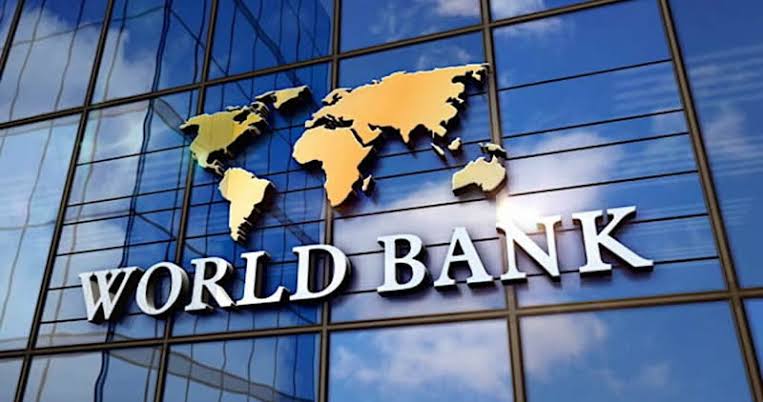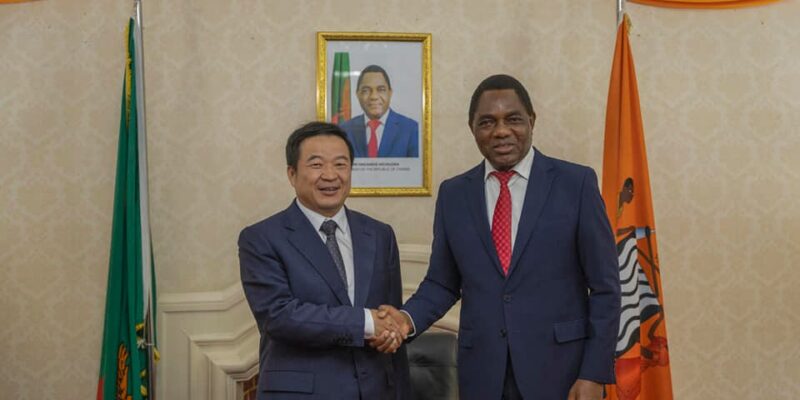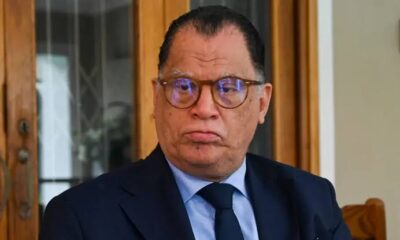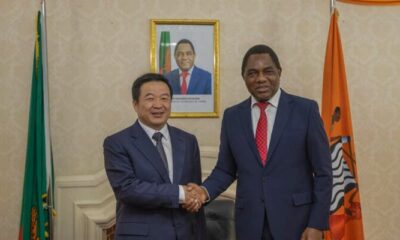The Nigerian government has expressed its determination to review a multi-billion dollar power project deal it entered with German company, Siemens Energy in 2019.
The federal government had, in 2019, signed the power project deal with the German engineering firm to deliver 7,000 megawatts (MW) of electricity to the national grid by 2021, and 11,000 megawatts by 2023, in phases one and two of the initiative, respectively.
The deal, which is under the Presidential Power Initiative (PPI), is a power upgrade and modernisation programme between the Nigerian government and Siemens with the support of the German government. The Nigerian government approved the payment of €15.21 million and another N1.708 billion as counterpart funding for the project.
In December 2021, the Federal Executive Council (FEC) again approved $1.9 million and €62.9 million for phase one of the project which sought to modernise, rehabilitate, and expand the national grid.
The new Minister of Power, Mr Bayo Adelabu has promised that the federal government will revisit and review the Siemens power deal with Nigeria, which was billed to see the incremental rise in supply from the current 4,000mw to 25,000mw by 2025.
Speaking on a television show on Tuesday, Adelabu said the prevailing conditions when the contract was signed had changed and would be requiring a review.
He, however, stated that part of the agreement which required the importation of mobile stations and transformers had been fulfilled, and would raise the capacity of the Transmission Company of Nigeria (TCN) by 1,300mw.
“We went into talks with the German government to support us technically, to improve power infrastructure in Nigeria, to increase energy access to households, businesses and industries. And we agreed that it was going to be a three-phase project,” the minister said.
“Phase one was agreed to improve the country’s transmission capacity from 5,000 to 7,000mw. Phase two was to take it to 11,000mw, while phase three will take it to 25,000mw over a period of seven years.
“But then, we know that the project has suffered a lot of challenges and number one was the COVID-19 pandemic which delayed the project.
“And we also had a political transition during this period. We had lots of regulatory reforms and there have been lots and lots of activities in terms of new investments into the sector in the last five years.
“So, the situation is no longer the same as we had in 2018. So what we are doing is to actually have a holistic review of the entire scope of this project and try to amend it to suit the current situation.
“But I must mention that as part of these three phases of the project, we agreed on the pilot project that was to actually exhibit the impact of the government-to-government cooperation on the Siemens project. The pilot project was to allow Siemens to bring into the country 10 power mobile substations and 10 power transformers to be installed to actually reduce the gap in the transmission capacity.
“I’m happy to tell you that this time, transformers have arrived; the country’s mobile stations have also arrived the country. The process of commissioning has started, and we will soon start installation of these transformers.
“I believe that by the time we’re done with the installation of these 10 transformers and substations, we expect that it will improve our transmission capacity by 1,300mw,” he said.
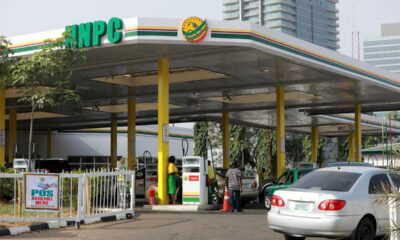
 VenturesNow2 days ago
VenturesNow2 days ago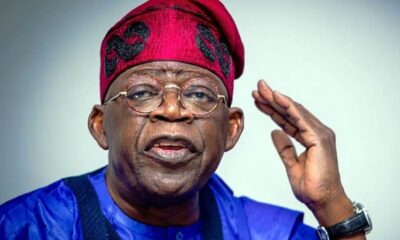
 Metro2 days ago
Metro2 days ago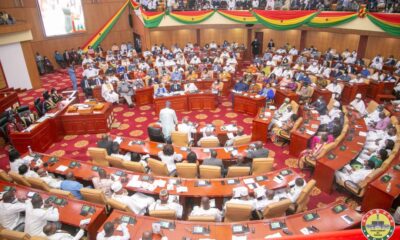
 Politics2 days ago
Politics2 days ago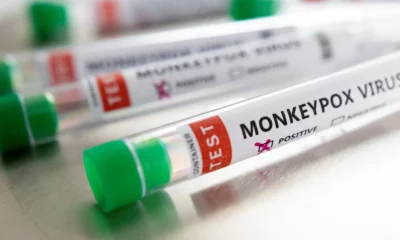
 Metro2 days ago
Metro2 days ago










